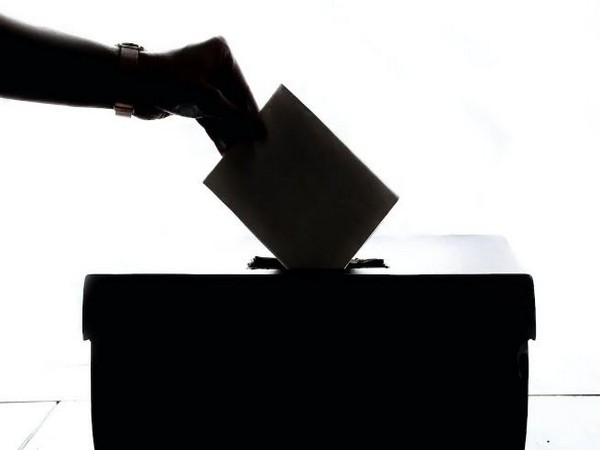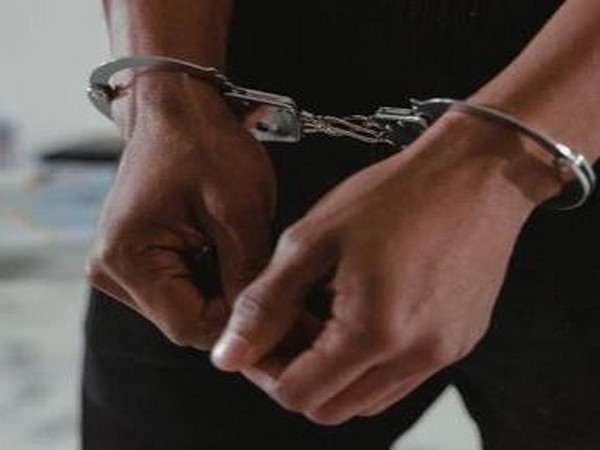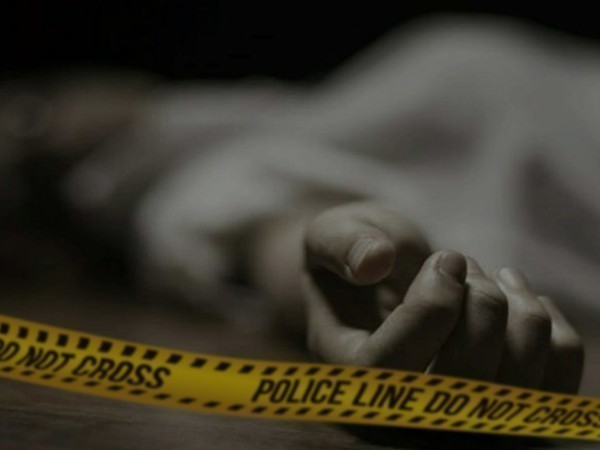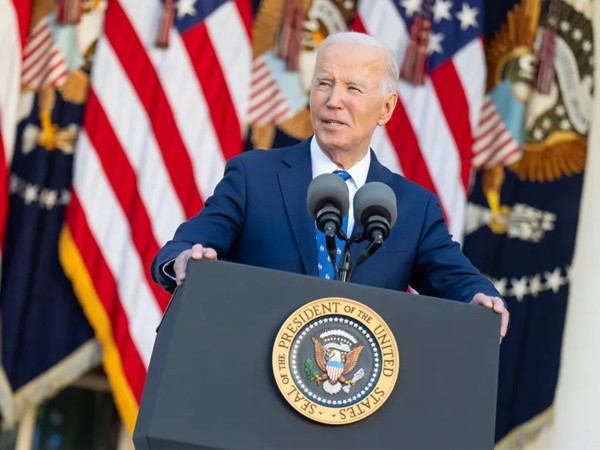How big is the risk of voter fraud in US elections?
Jul 08, 2024
Washington [US], July 8: Ahead of the US elections in November, some are sounding the alarm over possible voter fraud. DW takes a look at the most common claims.
Are non-citizens 'stealing' the elections?
Claim: Several posts on social media have warned that non-citizens could be voting in the elections despite laws requiring citizenship to cast a ballot in federal elections. This tweet reposting a New York Post article said: "Welfare offices in 49 states are handing out voter registration applications to illegal aliens." It's been viewed over 73 million times so far. "We are looking at, perhaps, the most comprehensive voter fraud initiative in the history of American politics," wrote this user on X.
"We could be looking at a repeat of 2020."
Fact check: Misleading
While Republican lawmakers such as House Speaker Mike Johnson keep pushing this narrative, analysis has shown no evidence of widespread non-citizen voter fraud. The conservative Heritage Foundation think tank put together an election fraud database and found 24 cases involving non-citizens voting between 2003 and 2023.
It is true that non-citizens potentially could obtain voter registration forms from welfare offices. This also applies to any other place where voter registration drives are being held.
"Voter registration applications are available almost everywhere in the United States, including online," said David Becker, executive director and founder of the nonpartisan, nonprofit Center for Election Innovation and & Research based in Washington, DC.
"Every single person in the United States who seeks to register to vote must provide identification at the time they register," he added. If someone who is ineligible were to get a form and return it, they would not have a driver's license or a social security number tied to a record showing citizenship, he said.
"Several studies and state-led investigations have shown that noncitizen voting in federal and statewide elections virtually never happens," the Brennan Center for Justice at New York University's School of Law writes. "It's illegal, and if a noncitizen intentionally registers or votes in one of those elections, they will face fines, prison and deportation."
No photo ID leaves door to fraud wide open?
Claim: Some posts
claim that those "opposing voter ID wish to hide voter fraud, not solve it" and demand photo ID becomes mandatory when voting. A post by Elon Musk with about 11 million views said: "Failure to require photo ID to vote obviously makes it impossible to prove voter fraud. That is why the far left refuses to require photo ID to vote." Several posts are accompanied with a long list of everyday tasks where a photo ID is required.
Fact check: False.
Each state sets its own voter ID rules, and most states require voters to bring identification to vote in person. That could be a photo ID like a driver's license, state ID, passport - or other forms of identification such as a voter registration card, birth certificate or social security card. According to federal law, there are also special rules for first-time voters if they did not register in person and they did not show ID when they registered.
In the US, 36 states have laws requesting or requiring voters to show some form of ID at the polls. The other 14 states and Washington, DC, "use other methods to verify the identity of voters," such as checking a signature against information on file, according to the National Conference of State Legislatures.
All voters, regardless of the type of verification required by the states, are subject to perjury charges if they vote under false pretenses.
If someone were to try to impersonate someone at the polls, "there's a very high likelihood that the real voter is going to show up and try to vote," said CEIR's Becker. "There are very strong checks to ensure that no one is impersonating another voter."
Social media posts comparing voting without ID to other tasks where you need to show a photo ID, such as buying alcohol, are missing the point. "There is a constitutional right to vote in the United States. There is not a constitutional right to buy alcohol," Becker said.
"The right to vote is at the foundation of all of our other rights, and so if we impose burdens on that right, it is very reasonable that people of good faith, of both parties, want to make sure that those burdens don't accidentally result in someone who is eligible not being able to cast a ballot."
A recent analysis by the Centre for Democracy and Civic Engagement at the University of Maryland found that nearly 21 million voting-age US citizens do not have a non-expired driver's license. About another 29 million citizens have a non-expired driver's license, but it does not have both their current address and name on it.
Are mail-in ballots and electronic voting machines a recipe for voter fraud?
Claim: Several accounts demand mail-in ballots need to be banned to prevent fraud, such as here, here or here. "When you look at the reality of all this mail-in voting and electronic voting machines we're really just asking for voter fraud," reads another post.
Fact check: False
Voter fraud related to ballots sent by mail or placed in drop boxes is extremely rare, writes the Brennan Center for Justice - "so rare that multiple analyses have shown that is more likely that someone will be struck by lightning that than commit mail ballot fraud."
There are measures in place, such as monitoring drop boxes by video surveillance or with bipartisan teams of election workers to make sure there is no tampering with the votes.
"They're verified at the time the voter requests that ballot, and they're verified again at the point in time when the voter returns the ballot, often by a signature match or perhaps a driver's licence number on the ballot that's returned," Becker said.
"Every single ballot, whether it's mailed or otherwise, is linked or is available only because of a particular voter on the voter list requested it. In other words, you can't just print ballots up. They have to be linked to a voter record."
Mail-in ballots have been around for a long time and are a safe and secure way to vote "used by voters of all political parties," says the Bipartisan Policy Centre.
Even former President Donald Trump, who used to demonise mail-in voting by blaming his election defeat in 2020 on a "rigged" voting system, is now calling on his supporters to use early and mail-in voting options in a "swamp the vote" bid.
Voter registration rolls are regularly checked for people who have died or moved to a different state.
What about electronic voting machines?
The faulty tally in Puerto Rico's primaries has added fuel to the fire of machines being a weak link. But most US voters aren't actually voting electronically - or if they are, there is usually still a paper trail to follow.
"It's only a few voters in states like Louisiana and Mississippi and Tennessee that still have a few purely digital ballots, touch screen voting, where the votes are actually tabulated based on the selections made on the touch screen," Becker said.
"Well over 95% of all Americans are voting on paper ballots. Those paper ballots are counted by machines, but we have the paper ballots that we can recount and importantly, audit to confirm that the machine counts were accurate."
Case in point: After the 2020 elections, about 5 million ballots were recounted by hand in Georgia after then-President Trump had alleged fraud. The Georgia secretary of state issued statements, upholding the results of the presidential race after a "historic first statewide audit."
"No one is saying the machines are perfect. No one is saying that they can't possibly malfunction, or that any machine is impossible to hack," Becker said. "That's why it's really important that we have the audits that we do in the United States to confirm that the machine outcomes are correct."
Source: Times of Oman








